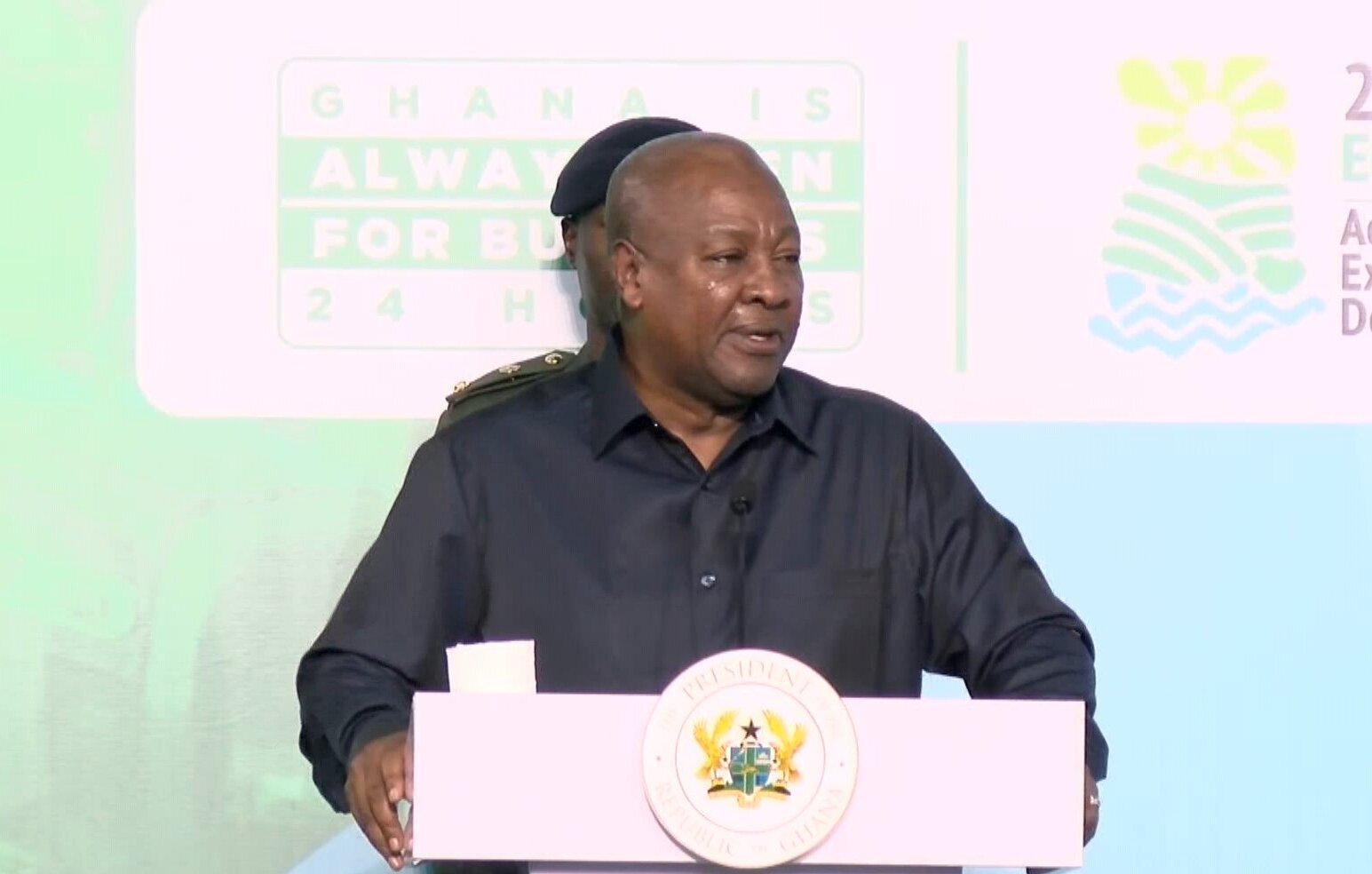President John Mahama’s 24-hour economy initiative has sparked a wave of public interest as Ghanaians weigh its potential to transform daily life and job creation.
The policy, which aims to generate over 1.7 million jobs through round-the-clock operations in key sectors, is backed by a $4 billion investment package. It offers tax incentives, discounted electricity tariffs, and support for businesses in agriculture, logistics, healthcare, and manufacturing.
While many citizens welcome the plan for its promise of job opportunities and increased productivity, others are raising concerns about infrastructure readiness, worker protections, and energy reliability.
As implementation unfolds, public attention remains sharply focused on whether this bold strategy will meet expectations and deliver meaningful economic change.

